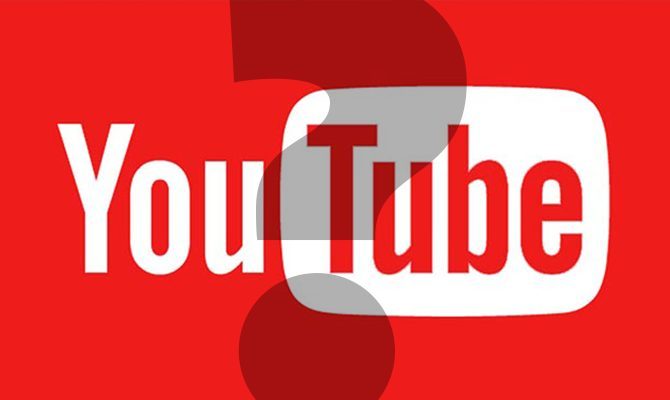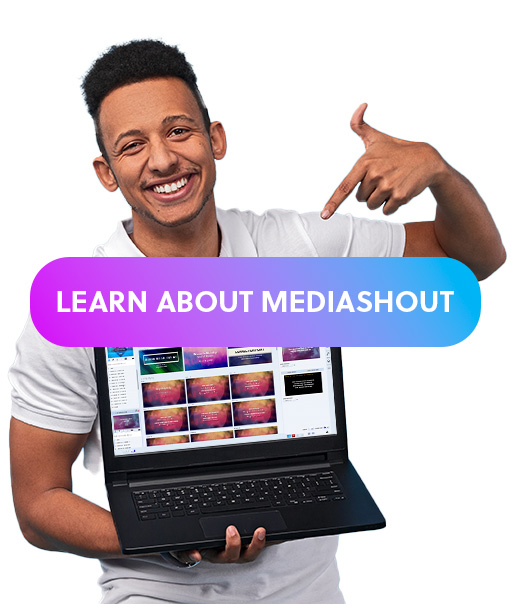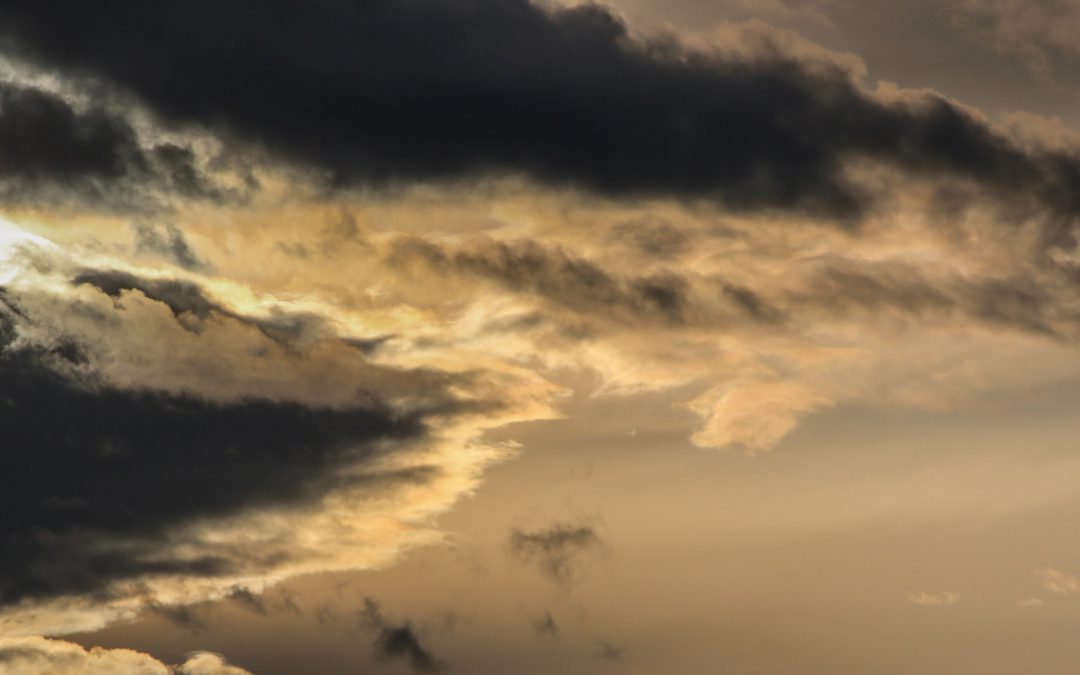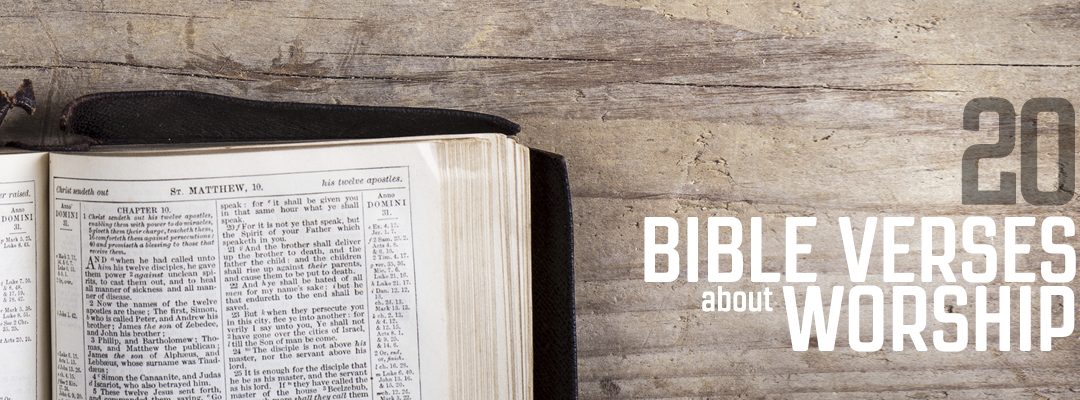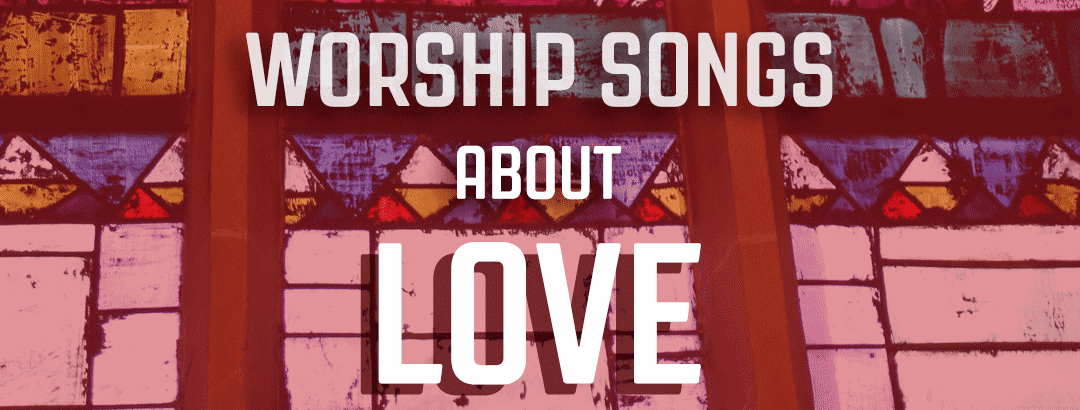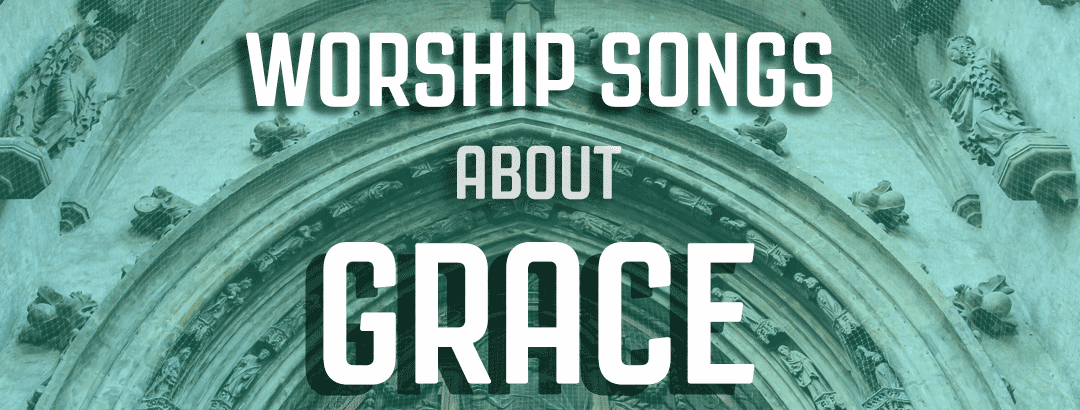(This blog was originally created by CCLI. We added this blog to our site with CCLI’s permission.)
May 3, 2021
“Can we show YouTube videos in our church?” remains one of our most frequently asked questions.
And no wonder. Video sharing websites such as YouTube offer a treasure trove of content for almost every conceivable situation. However, as the sheer volume of content and the number of channels increases, understanding if and when you can show this content in church becomes ever more challenging.
So is it okay to stream videos from websites like YouTube during your church services and activities? While our answer focuses mainly on YouTube, the same principles can be applied to many other websites offering video-streaming.
Using YouTube in church
Put simply, YouTube videos can be shown in your church provided the video is on an official channel and you have permission from the copyright owner.
YouTube’s terms of service specifies that content on the site should only be accessed for “personal, non-commercial use” (5.L.) except where “YouTube or the respective licensors [the copyright owner] of the content” has given “prior written consent” (5.M.).
Not all videos uploaded to YouTube have been done so by, or with the permission of, the copyright owner or licensor. With a staggering 400 hours of video being uploaded every minute, YouTube simply cannot control or police everything that is added to the site. It’s likely that many videos on YouTube infringe copyright, either accidentally or deliberately.
If the content has been uploaded by an official source, the permission you need to show it may be obtained in a number of ways…
Scenes from feature films
The easiest ways for churches and ministries to get permission to show movie clips is through CCLI’s Church Video License. In this case, the license is considered as consent from the “respective licensor” (all licensed studios/producers).
Check that the scene has been uploaded by the copyright owner or someone authorized by the owner to do so. If the scene has been uploaded by the film studio’s own YouTube channel, or that of an official partner, you can be confident you’re viewing content from an official source. Film studios may have agreements with third parties to upload their content for them. In this case, check carefully that the channel is an official one.
If a film scene has been uploaded to YouTube by an individual, e.g. a fan of the film, then it should not be deemed covered by the Church Video License and consequently it should not be shown during church activities.
Lyric videos
Song videos that show the lyrics so that you can sing along to them are increasingly common on YouTube. However, CCLI recommends that you only show them in a worship service or other public setting if you have the consent of the publisher or copyright owner.
Often, such videos are uploaded to YouTube and then embedded on the publisher’s website with details of how they permit it to be used. If the description of the video on the publisher’s website or YouTube channel indicates that they intend it to be used in a church service, then this would constitute consent. However, if there is any doubt, contact the publisher or copyright owner for permission before showing the video.
Other videos
As a general rule, CCLI recommends that you don’t use YouTube to show any other videos without the explicit permission of the copyright owner. For example, a charity who writes and asks a church to show the charity’s latest video on YouTube is clearly giving permission for the video to be used in this way.
If in doubt, it is usually possible to establish who owns the copyright. Seeking their direct permission is the safest way to ensure that you’re acting legally and doing the right thing.
In conclusion
If you’re unable to get permission or verify that the video is on an official channel, we recommend choosing a different video or sourcing the content in an alternative format, such as a DVD, stream, or legal download. Netflix, Amazon Prime Video, iTunes, and Movies Anywhere are all official sources of video content and may be used in conjunction with the Church Video License.
If you are looking at other sites, always check the terms and conditions and satisfy yourself that that website is authorized by the copyright owner to make that content available.
As always, our CCLI’s Customer Support team is here to help. Please contact them if you have any questions.


